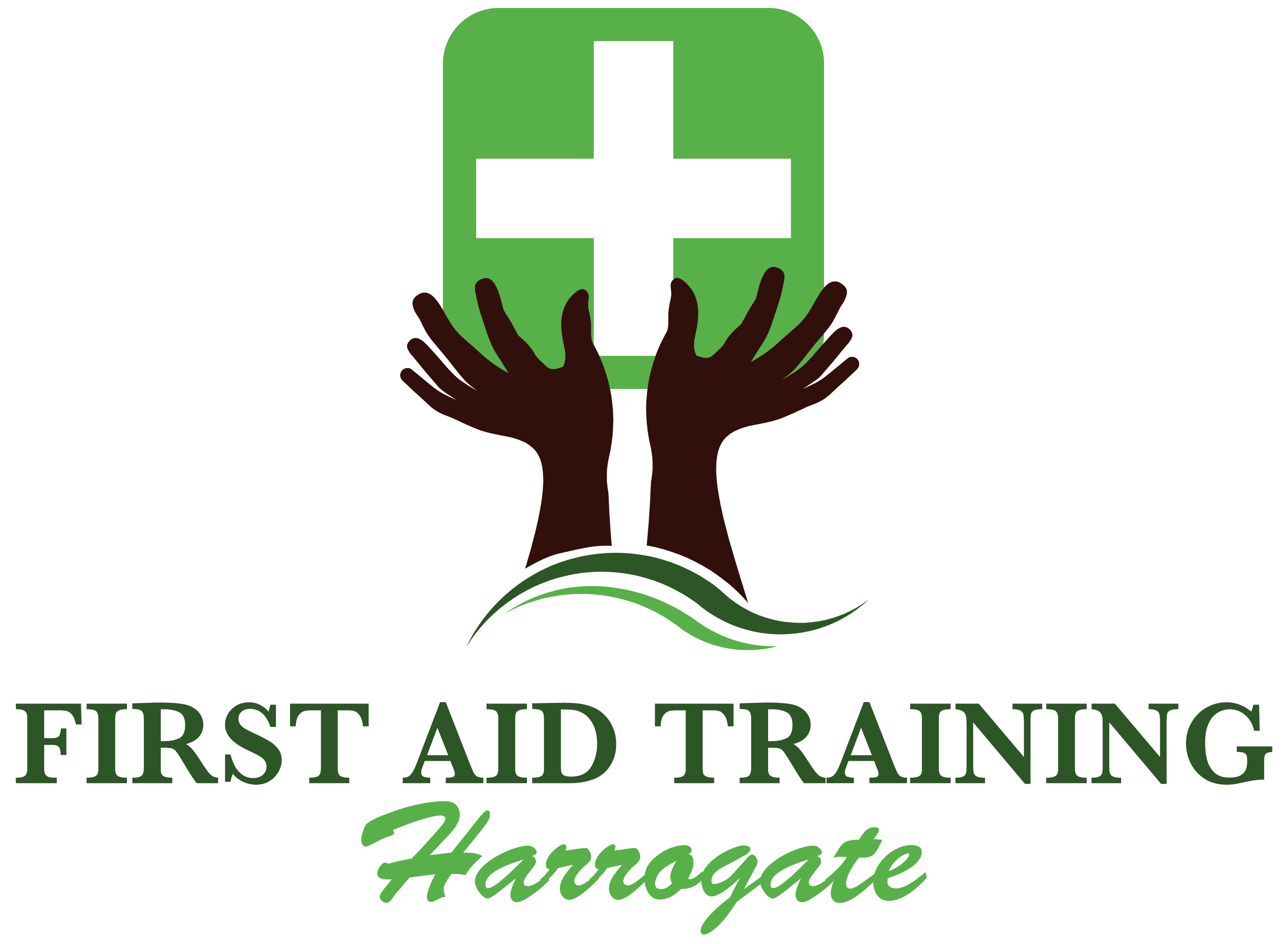- Home
- Courses
- Annual Refresher
- Basic Life Support and using an Automated External Defibrillator
- Defibrillator Training Level 2
- Administration of Oxygen Therapy
- First Aid Risk Assessment: Principles and Practice- 1 day course
- Level 1 Awareness of First Aid for Mental Health
- Level 2 Award in CPR & AED
- Level 2 Awareness of First Aid for Mental Health
- Level 3 Award Anaphylaxis Management
- Level 3 Award Emergency First Aid at Work
- Level 3 Award Emergency Paediatric First Aid
- Level 3 Award in First Aid at Work
- Level 3 Award in Outdoor First Aid
- Level 3 Award Paediatric First Aid
- Supervising First Aid for Mental Health
- Two Day First Aid At Work (Re-qualification) 2 day course
- Training in the workplace
- Pet First Aid
- Prices
- Blog
- Patti Hemmings Therapist
- Contact
- Home
- Courses
- Annual Refresher
- Basic Life Support and using an Automated External Defibrillator
- Defibrillator Training Level 2
- Administration of Oxygen Therapy
- First Aid Risk Assessment: Principles and Practice- 1 day course
- Level 1 Awareness of First Aid for Mental Health
- Level 2 Award in CPR & AED
- Level 2 Awareness of First Aid for Mental Health
- Level 3 Award Anaphylaxis Management
- Level 3 Award Emergency First Aid at Work
- Level 3 Award Emergency Paediatric First Aid
- Level 3 Award in First Aid at Work
- Level 3 Award in Outdoor First Aid
- Level 3 Award Paediatric First Aid
- Supervising First Aid for Mental Health
- Two Day First Aid At Work (Re-qualification) 2 day course
- Training in the workplace
- Pet First Aid
- Prices
- Blog
- Patti Hemmings Therapist
- Contact
Anaphylaxis Management Level 3 Award
An Anaphylactic shock, or anaphylaxis, is a life-threatening, serious allergic reaction to an allergen such as food substances or insect stings. If it is not treated appropriately, it may cause death. This training is for qualified First Aiders and Emergency First Aiders to enable them to recognise and treat anaphylaxis safely and effectively.
When administering a medication, it is important to recognise and differentiate between allergic reactions and the potentially life-threatening anaphylactic reactions immediately. It is also essential to determine whether the individual has had an allergic or anaphylactic response to the medication in the past or prior to administration.
This course is suitable for all First Aiders and healthcare professionals, as well as those in a high risk environment where such medication is available.
Duration
This is a classroom-based course of 6 contact hours. Dependent on your experience, there may well be some pre-course or post-course reading.
Syllabus
The course is made up of practical and theoretical sessions.
At the end of the course, you will be able to:
- Describe anaphylaxis
- Identify triggers for anaphylaxis
- Describe life threatening problems associated with the: Airway-Breathing-Circulation
- Disability (Neurological status)
- Exposure (Skin and mucosal changes)
- Explain the need for an early call for help
- Explain the treatment for anaphylaxis:
- Non rebreather mask
- Removal of trigger
- Auto-injector
- Identify key features of adrenaline-auto injectors
- Conduct an initial assessment using the ABCDE approach
- Demonstrate a recovery position
- Demonstrate resuscitation for adult and/or child
- Recognise the need to use an auto-injector
- Prepare medication for administration during anaphylaxis treatment
- Demonstrate the safe use of an adrenaline auto-injector using a training device
- Safe dispose of auto injectors into a sharps bin according to agreed ways of working
- Handover the casualty to a medical professional
Certification
This qualification lasts for 3 years.
To renew the qualification, you will need to retake the full course. However, it is recommended that during the 3-year period, that you attend an annual refresher course.
Assessment
A range of methods are used, including, practical and questioning (open and multiple-choice).
Numbers
A maximum of 12 individuals can be accommodated on this course and all participants must be a minimum of 16 years of age to qualify.
